Navigating Change and Managing Mental Health
Occasional anxiety is a normal part of life. Many people worry about things such as health, money, or family problems. But anxiety disorders involve more than temporary worry or fear. For people with an anxiety disorder, the anxiety does not go away and can get worse over time. The symptoms can interfere with daily activities such as job performance, schoolwork, and relationships.
There are several types of anxiety disorders, including generalized anxiety disorder, panic disorder, social anxiety disorder, and various phobia-related disorders. This video delivers some tips and pointers on how to cope with anxiety and who you can turn to in your time of need.
Occasional anxiety is a normal part of life. Many people worry about things such as health, money, or family problems. But anxiety disorders involve more than temporary worry or fear. For people with an anxiety disorder, the anxiety does not go away and can get worse over time. The symptoms can interfere with daily activities such as job performance, schoolwork, and relationships.
There are several types of anxiety disorders, including generalized anxiety disorder, panic disorder, social anxiety disorder, and various phobia-related disorders. This video delivers some tips and pointers on how to cope with anxiety and who you can turn to in your time of need.
Having uncomfortable conversations at work is never easy, whether it’s with subordinates, superiors or your co-workers. This is especially true for people who are afraid of conflict and would do anything to avoid it.
Avoiding difficult conversations is extremely detrimental and can lead to lack of performance, which can ultimately negatively impact the business. It is believed that workplace conflict affects not only morale and productivity, but also turnover.
Learning to deal with having difficult conversations, instead of avoiding, is a great step in building a healthy happy work environment for everybody.
What is work-life balance? This question is not easily answered because it can be difficult to measure but is essentially the prioritization between an individuals personal and professional activities and the presence of a person’s job-related activities in your personal life. There is no magic formula for balancing work and life but it is important for both employees and employers to ensure that individuals have to tools to strive to find this balance.
Mental Health issues can impact every area of life, from social and personal, to work and business. Recognizing the signs of an employee or co-worker who may be struggling and knowing how to help handle can have a positive impact within your company. Recognizing symptoms, early intervention and knowing who to contact can make a huge difference for an individual struggling with mental illness. These conversations can be hard to have but being compassionate and supportive is a good place to start. Remember that everyone experiences challenging times in life and can benefit from extra support and guidance.
Broadly speaking, resilience is the ability to ‘bounce back’ when encountering the challenges that are an inevitable part of life. The workplace presents a different range of stressors to employees, can we, as individuals, learn to become more resilient?
The exciting thing about resilience is that it is a skill. Like any skill, with practice, resilience can be learned. This video presentation about resilience in the workplace and provides helpful tips about how people can be more resilient at work. It will define exactly what is meant by ‘resilience in the workplace’, describe some examples of developing personal resilience at work and then explore ways to enhance resilience.
As always we hope you enjoy!
Human beings are social creatures, and we crave to belong and to connect with other people. Since we spend half of our lives at work it makes sense that our relationships with our co-workers are some of the most important to us. Our ability to perform and succeed at work is greatly linked to our relationships with our co-workers. Good working relationships help foster and healthy and productive environment and help reduce the possibility of toxic work environments that can be detrimental to all.
Are you experiencing the feeling of being overloaded or helplessness? Does it feel like the bad days are outnumbering the good?
If constant stress has you feeling helpless, disillusioned, and completely exhausted, you may be on the road to burnout. Watch this informative tutorial and learn what you can do to regain your balance and feel positive and hopeful again.
For many people, the unknowns of what’s coming next can worry even the calmest of people. COVID-19 has forced families to deal with long periods of uncertainty, and that can cause other stressors to emerge—concern for family members, worries about lost income, keeping the fridge full of groceries, balancing job roles with childcare, and more. But children need their parents to offer a calm, stable, and predictable “home base” for them. It’s a challenge, but our goal is to help families face these tests armed with knowledge and tools to remain strong and healthy. Registered Psychologies Tammy Auten Dye with Auten-Dye Psychological Group has prepared a presentation “Navigating Change and Managing Mental Health and Anxiety During a Pandemic as a Family” that we hope you will find both beneficial and informative.
Related information



